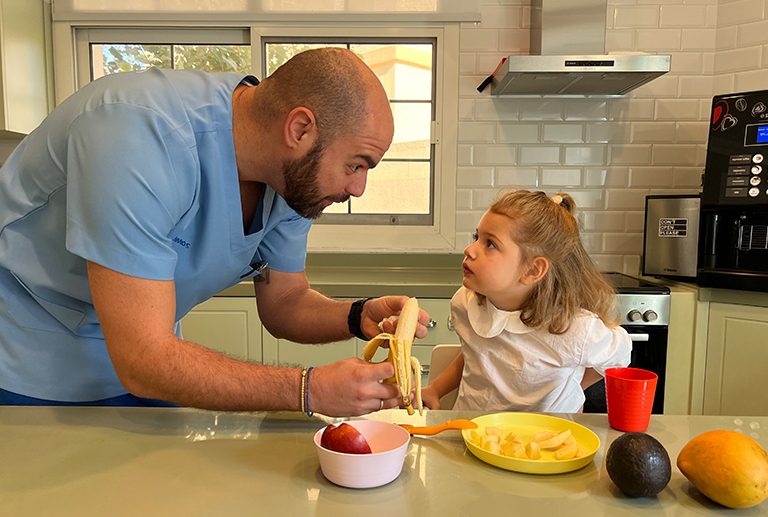
What Is The Role Of A Speech Therapist?
A speech therapist, also known as a speech-language pathologist (SLP), helps individuals with communication and swallowing disorders. They work with people of all ages, from infants to the elderly, who may have difficulty speaking, understanding language, or swallowing.
Assessing Communication Disorders
One of the main responsibilities of the best speech therapist in Dubai is to assess and diagnose communication disorders. This involves evaluating an individual’s ability to produce and understand speech sounds and language. A thorough evaluation helps the SLP determine the root cause of the communication disorder and develop an appropriate treatment plan.
Creating Treatment Plans
After assessing an individual’s communication abilities, a speech therapist will create a personalized treatment plan to address their specific needs. This may involve working on speech articulation, language development, voice disorders, fluency, or social communication skills. The treatment plan will also take into consideration any physical or cognitive limitations that may affect the individual’s ability to communicate effectively.
Improving Speech and Language Skills
The primary goal of a speech therapist is to help improve an individual’s speech and language skills. They use various techniques and exercises to target specific areas of difficulty, such as teaching proper mouth movements for producing sounds or helping individuals understand and use new vocabulary words. Through consistent therapy sessions and home practice, patients can make significant progress in their communication abilities.
Addressing Swallowing Disorders
In addition to communication disorders, speech therapists also work with individuals who have swallowing disorders. These can occur as a result of physical or neurological conditions and can significantly impact an individual’s ability to eat and drink safely. Speech therapists use specialized techniques and exercises to help improve muscle control and coordination for safe swallowing.
Collaborating with Other Professionals
Speech therapists often work in collaboration with other professionals such as doctors, nurses, occupational therapists, and special education teachers to provide comprehensive care for their patients. This interdisciplinary approach ensures that all aspects of an individual’s needs are addressed, leading to better outcomes.
Working with People of All Ages
While speech therapy is commonly associated with working with children, SLPs also work with individuals of all ages, from infants to older adults. They may focus on different areas of communication and swallowing depending on the individual’s age and needs. For example, they may work with young children on developing speech sounds, while working with older adults on improving language abilities affected by neurological conditions such as stroke or dementia.